Case Closed: The investigation of the Cheeki Rafiki
Published on April 29th, 2015
When the U.S. Navy warship helicopter crew located the overturned hull of the Beneteau First 40.7 Cheeki Rafiki on May 23, 720 miles east-south-east of Nova Scotia, Canada, it confirmed the suspected cause of the accident: Keel Failure.
A report released (April 29, 2015) by the Marine Accident Investigation Branch (MAIB), which investigates marine accidents for the UK government, now completes an investigation into the loss of the yacht and its four crew, containing details of what happened, actions taken and recommendations.
The crew was delivering the boat to the UK after it had competed in 2014 Antigua Sailing Week on April 26-May 2. The crew reported a leak on Thursday (May 15), and were diverting to the Azores, but contact was lost on Friday. A container ship reported on Saturday an upturned sail boat that fit the description, but was missing its keel.
Following the Navy warship’s discovery, they deployed a surface swimmer which confirmed the keel was broken off, the emergency raft was in its storage space, and the four person delivery crew were not onboard.
The crew consisted of skipper Andrew Bridge, 22, from Farnham in Surrey along with crew members James Male, 22, from Romsey, Steve Warren, 52, from Bridgwater in Somerset, and Paul Goslin, 56, from West Camel in Somerset. Southampton-based Stormforce Coaching was the official Managing Agent for the boat.
Included in the MAIB report is the Chief Inspector’s statement:
This has been a challenging investigation. Cheeki Rafiki capsized and inverted, almost certainly as a consequence of its keel becoming detached in adverse weather, in a remote part of the North Atlantic Ocean. Despite two extensive searches, its four crew remain missing and, as the yacht’s hull was not recovered, the causes of this tragic accident will inevitably remain a matter of some speculation.
Nevertheless, a thorough investigation has been conducted, that has identified a number of important safety issues, which if addressed, should reduce the likelihood of a similar accident in the future.
The investigation has identified that in GRP yachts that are constructed by bonding an internal matrix of stiffeners into the hull, it is possible for the bonding to fail, thereby weakening the structure. In some yachts, including the Beneteau First 40.7, the design makes it harder to detect when the bonding is starting to fail. The report therefore highlights the need for regular inspections of such yachts’ structures by a competent person, and for the marine industry to agree on the most appropriate means of repair when matrix detachment has occurred.
During the investigation it became clear that opinions were divided as to whether or not Cheeki Rafiki’s return passage across the Atlantic Ocean was a commercial activity. I have therefore made a recommendation to the Maritime and Coastguard Agency to improve the guidance on when small vessels are, or are not required to have commercial certification. This should help resolve what has, for too long, been a grey area.
Finally, I hope that this report will serve as a reminder to all yacht operators, skippers and crews of the particular dangers associated with conducting ocean passages, and the need for comprehensive planning and preparation before undertaking such ventures. On long offshore passages, search and rescue support cannot be relied upon in the same way as it is when operating closer to the coast, and yachts’ crews need a much higher degree of self-sufficiency in the event of an emergency. Thus the selection and stowage of safety and survival equipment needs to be very carefully considered before embarking, together with options for contingency planning and self-help in anticipation of problems that could occur during the passage.


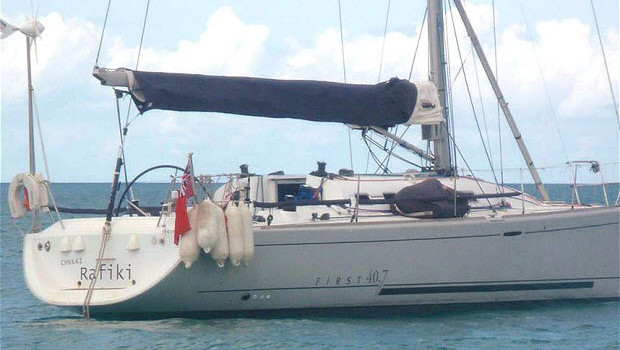


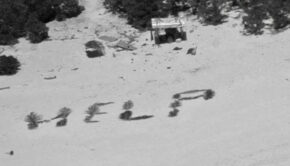
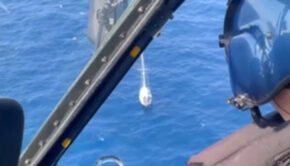
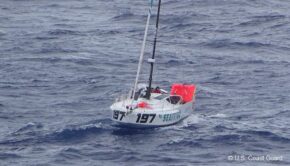
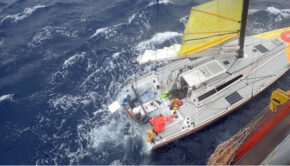
 We’ll keep your information safe.
We’ll keep your information safe.